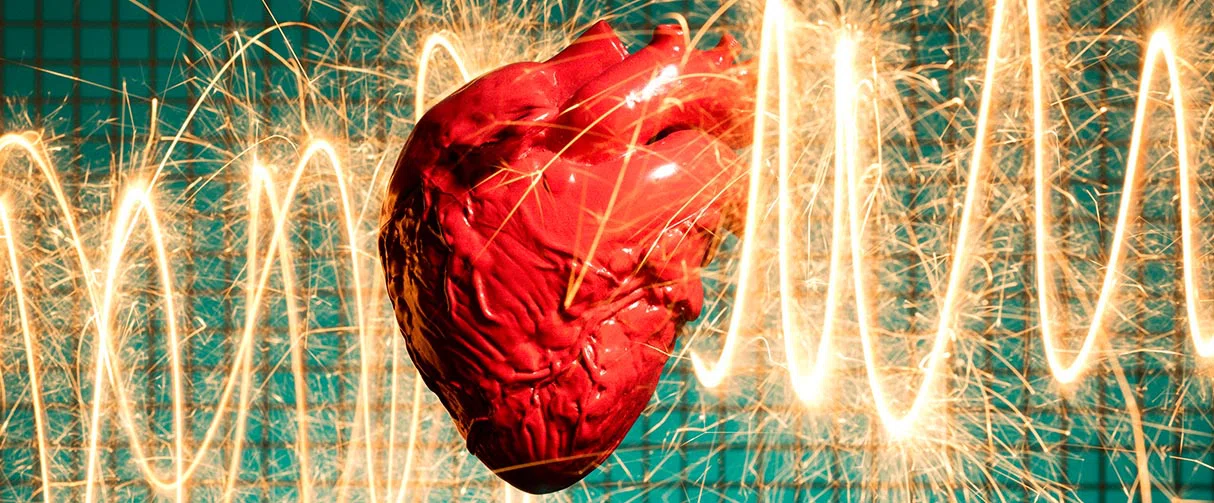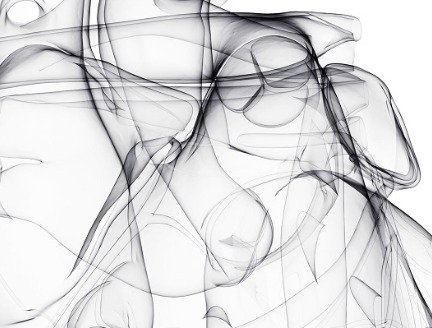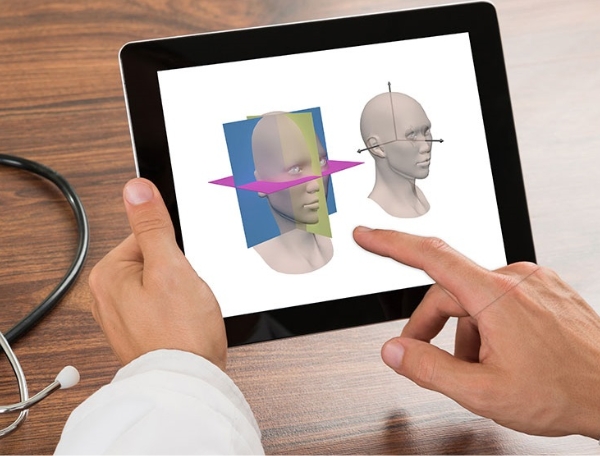


restorative medicine
Houston Methodist Model Demonstrates Reversal from Heart Failure State, Creating the Potential for Innovative Treatment Avenues

Cardiovascular diseases are a leading cause of death globally. About 6.2 million adults in the US suffer specifically from heart failure – the pathophysiology of which involves insults such as genetic mutations, hemodynamic overload and myocyte destruction. Researchers have learned that in some patients, the heart reverts to a healthier state after receiving a mechanical assist device that pumps blood (for the heart). However, the precise mechanisms of cardiac recovery are not yet well elucidated, which has limited researchers' ability to develop treatments that intrinsically improve cardiac function.
Using a murine model, Arvind Bhimaraj, MD, MPH, FACC, FHFSA, associate professor of Clinical Cardiology at Houston Methodist demonstrated phenotypic and genotypic reversal from the heart failure state. His team also obtained heart tissue from patients when their cardiac assist devices were implanted and then again when they received a heart transplant to compare the tissue compositions. This investigation validated the murine model since the results correlated with human heart failure specimen data. It also emphasized the significance of cell fate transitions between endothelial and mesenchymal cell types in the pathophysiology of heart failure.
VIDEO
Bhimaraj is expanding these findings with NIH-funded studies designed to better understand the role of both myocytes and non-myocytes in natural recovery and develop future potential therapeutic targets.
Guangyu Wang, Ana Sofia Cruz, Keith Youker, Hernan G Marcos-Abdala, Rajarajan A Thandavarayan, John P Cooke, Guillermo Torre-Amione, Kaifu Chen, Arvind Bhimaraj. Role of Endothelial and Mesenchymal Cell Transitions in Heart Failure and Recovery Thereafter. Front Genet. 2021 Jan 15;11:609262. doi: 10.3389/fgene.2020.609262.
This work was supported by grants from the National Institutes of Health HL148338 (to JC); GM125632 (to KC) and HL133254 (to JC and KC) as well as an institutional grant from the Houston Methodist Debakey Heart and Vascular Center and Houston Methodist Research Institute.
Abanti Chattopadhyay, PhD, April 2022
Related Articles








